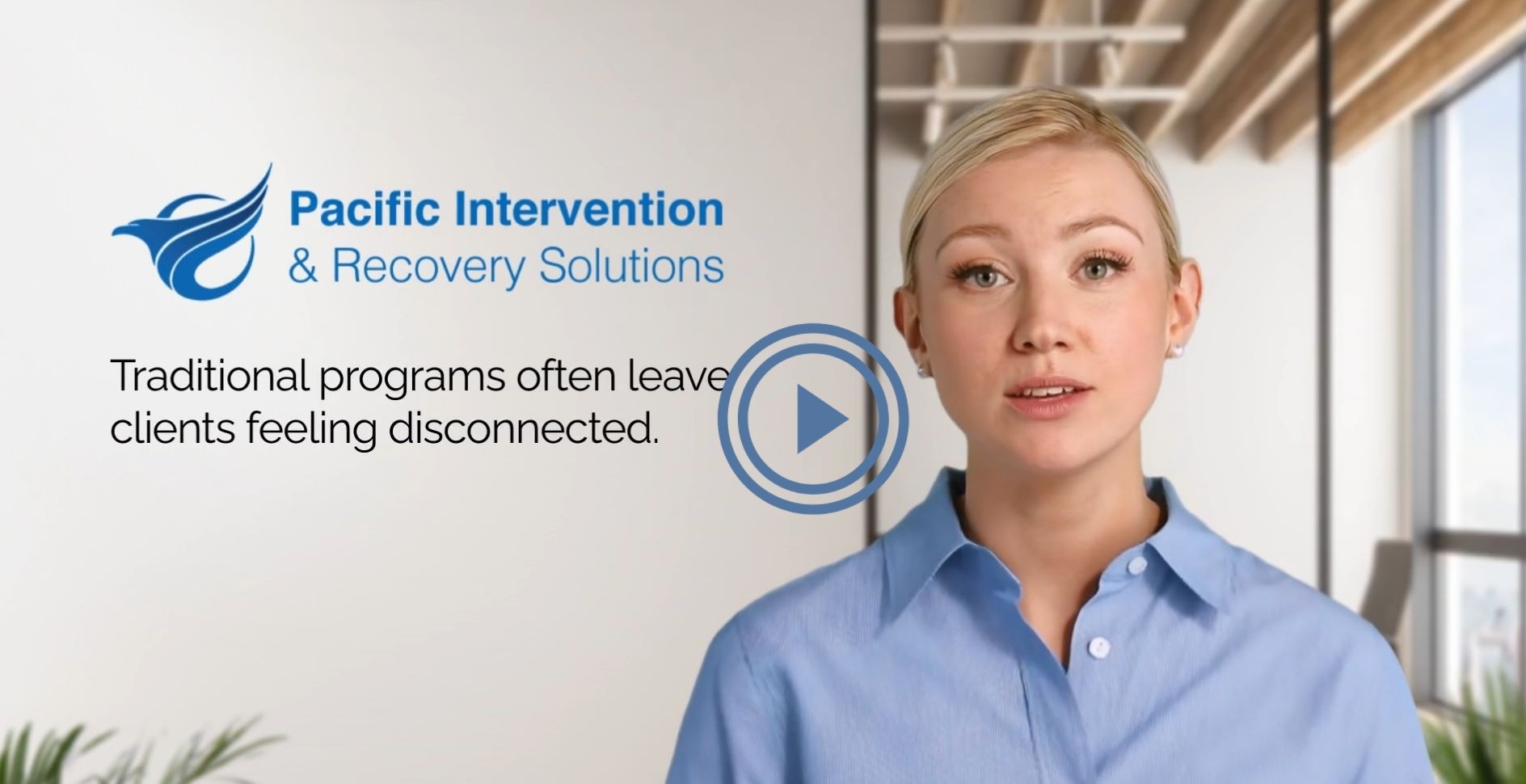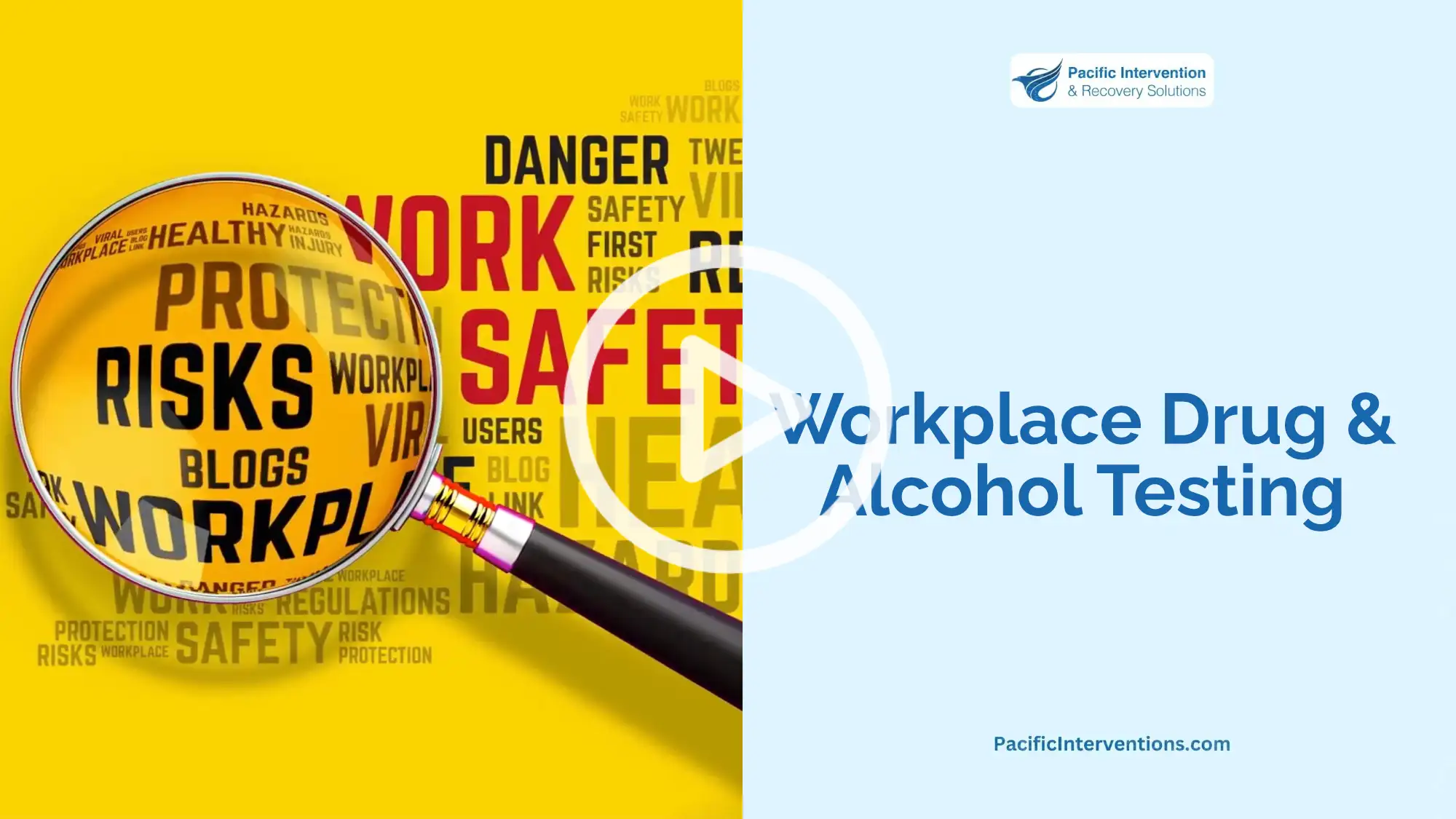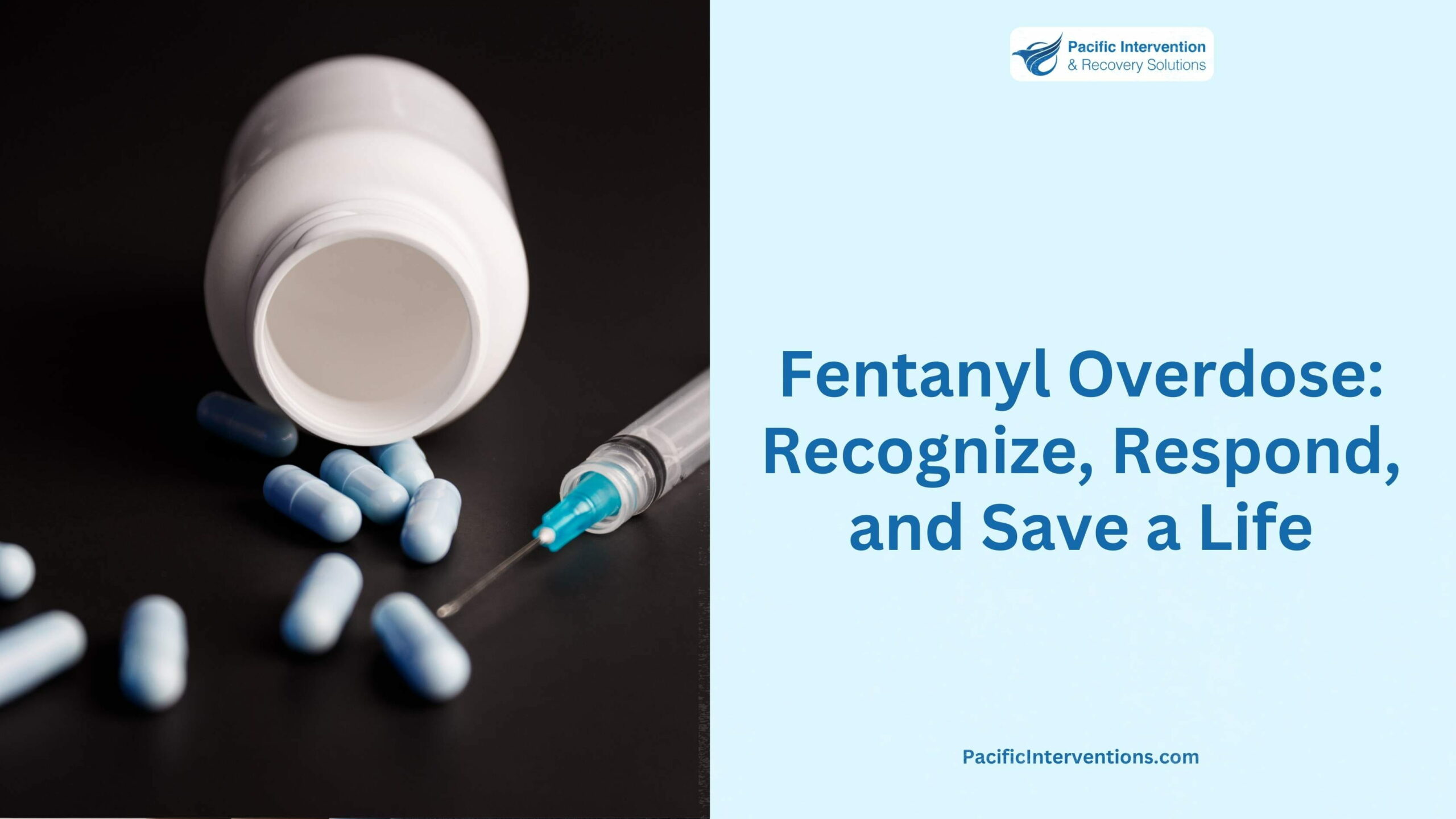Exploring the Benefits of Intensive Outpatient Programs (IOP) Over Inpatient Programs
In the field of addiction and mental health treatment, intensive outpatient programs (IOP) have gained popularity due to their flexibility and numerous benefits. Here we will examine the advantages of intensive outpatient programs and see if they may be better suited for you compared to inpatient programs, while also exploring the potential disadvantages of the latter. We highlight the cost-effectiveness, patient autonomy, and effectiveness of IOP, emphasizing its relevance in modern healthcare settings. By shedding light on the differences between these treatment options, we aim to promote a better understanding of the benefits of intensive outpatient programs for individuals seeking addiction and mental health support.
Intensive outpatient programs (IOP) have emerged as a viable and effective alternative to inpatient treatment programs for individuals struggling with addiction and mental health issues. IOP provides patients with a structured and intensive treatment while allowing them to maintain their daily lives, work, and family responsibilities. This blog will delineate the benefits of IOP and contrast them with the disadvantages of inpatient programs, thus shedding light on the advantages of IOP.
The Benefits of Intensive Outpatient Programs (IOP)
Cost-Effectiveness
One of the most significant benefits of IOP is its cost-effectiveness. Inpatient programs can be prohibitively expensive, often requiring lengthy stays in a residential facility. In contrast, IOP allows individuals to receive high-quality treatment while living at home, significantly reducing the financial burden associated with treatment. This makes IOP a more accessible option for individuals and their families.
Patient Autonomy
IOP offers a higher degree of patient autonomy compared to inpatient programs. Patients in IOP have the flexibility to schedule treatment sessions around their daily lives, enabling them to maintain their work and family commitments. This autonomy fosters a sense of responsibility and self-efficacy, which can be instrumental in long-term recovery.
Community Support
IOP fosters a strong sense of community support. Participants engage with a diverse group of individuals who are facing similar challenges, providing a valuable support network. These connections can be crucial in the recovery process, offering empathy, understanding, and shared experiences.
Individualized Treatment
IOP allows for a more individualized approach to treatment. Providers can tailor treatment plans to meet each patient’s specific needs, addressing their unique challenges and strengths. This personalized approach increases the likelihood of successful outcomes.
Continuity of Care
IOP provides a bridge between intensive inpatient treatment and independent living. Patients can transition from inpatient care to IOP, ensuring continuity of care and a smoother reintegration into daily life. This transition minimizes the risk of relapse that can occur after abruptly leaving an inpatient setting.
Disadvantages of Inpatient Programs
Disruption of Daily Life
Inpatient programs require individuals to reside within a treatment facility for an extended period, which can disrupt their daily routines, work, and family life. This disruption may lead to feelings of isolation and detachment from one’s support network.
Reduced Autonomy
Inpatient programs generally provide less autonomy, as patients follow a structured daily routine dictated by the facility. This lack of independence can be challenging for some individuals and may hinder their long-term recovery.
Higher Costs
The cost of inpatient treatment programs is significantly higher than that of IOP. These expenses can create a financial burden for individuals and their families, limiting access to treatment for some.
Limited Exposure to Real-Life Triggers
Inpatient programs may shield patients from real-life triggers and stressors that they will encounter upon discharge. This can make it more challenging for individuals to apply the coping skills they have learned in treatment to their everyday lives. One almost guaranteed trigger that inpatient programs will expose you to, is other residents using or coming back under the influence often unnoticed until the next day, if at all.
Choose the Right Program to Suit Your Needs
Intensive Outpatient Programs (IOP) offer several benefits over inpatient programs for individuals seeking addiction and mental health treatment. IOP’s cost-effectiveness, patient autonomy, community support, individualized treatment, and continuity of care make it a compelling option for many. While inpatient programs can be effective in certain cases, they come with disadvantages related to disruption of daily life, reduced autonomy, higher costs, and limited exposure to real-life triggers. The choice between IOP and inpatient treatment should be made based on an individual’s specific needs, circumstances, severity of addiction, and preferences, but the benefits of IOP make it an increasingly attractive choice in modern healthcare settings. No matter your choice, we are here to help and guide you and your loved ones. Giving you all the chance at a new and improved life.









